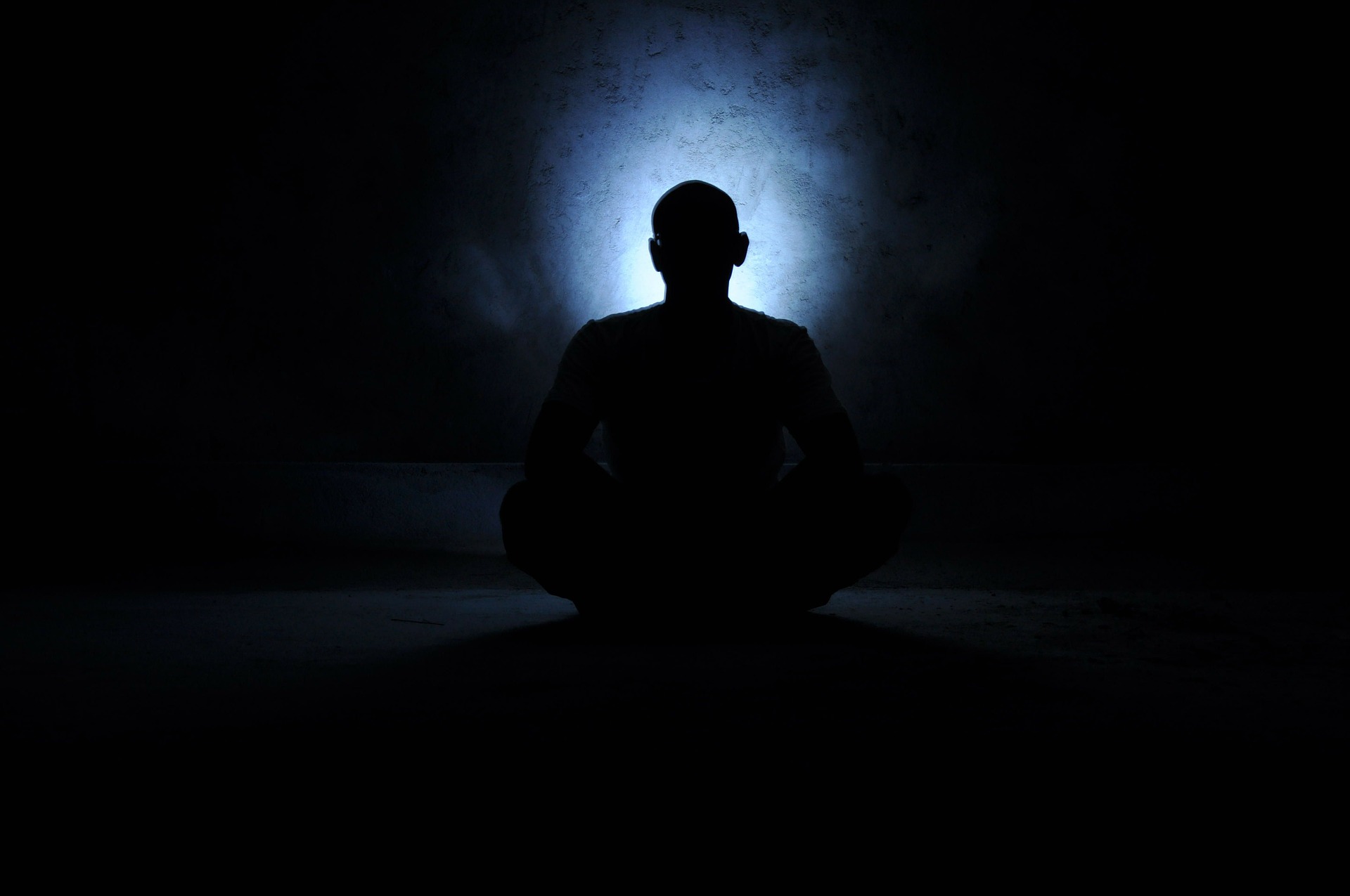 Submitted by SALAAM - Presider on
Submitted by SALAAM - Presider on

Image by ambroo from http://Pixabay.com
A Personal Interpretation ...
The seven principles described here were given in the 19th century through the mediumship of Emma Hardinge Britten. They are widely accepted by Spiritualists and Spiritualist organizations around the world as the cornerstone of their philosophy. However, these principles are worthy of reflection by all faiths as well as those of none.
1 The Fatherhood of God
This principle is the recognition that everything that exists - you, me, all humanity, the entire physical universe - emanates from a single, purposeful "source" commonly referred to as God, Spirit etc.
God is synonymous with Spirit. Spirit encompasses all that exists. The physical realm we inhabit is a manifestation of Spirit. The souls of the living, and all those who have ever lived, are individuated Spirit. Spirit is the totality, the whole. A more politically correct way of expressing the first principle is the Mother-Fatherhood of God, since Spirit is genderless.
2 The Brotherhood of Man
This follows from the first principle, our all sharing the same origin. ie Spirit. When we help another, we help ourselves. When we harm another, we harm ourselves. History teaches that together we inevitably achieve more than in isolation and that conflict is always deleterious to the greater good.
3 The Communion of Spirits and the Ministry of Angels
This principle carries three implications. First, that there is some non-physical realm inhabited by "Spirits" and "Angels". Second, communication is possible between this Spirit realm and the physical plane we inhabit. Third, that there is a class of "Angels" that seek to guide and help us whenever we invite their assistance.
Through the clairvoyance of mediums, or by simply raising our own sensitivity and awareness, we can open our minds to the reality of Spirit. It is not the job of Spirit to deliver profound knowledge, or to live our lives for us, that would negate our purpose in being here. Through communion we simply gain assurance that Spirit is real and that, despite occasional hurdles, there is purpose in our earthly existence.
Angels are higher souls, those that have travelled further and experienced more than ourselves. We all have guides, if only we could take the time to become acquainted with them. Guides will not live our lives for us, but they can offer assistance in troubled times. Most usually they manifest through the quiet voice within, but sometimes in more practical terms, eg an unexpected windfall just before a hefty bill falls due.
4 The Continuous Existence of the Human Soul
This principle is the cornerstone of Spiritualism. Our souls (ie that individuated part of Spirit we consider to be ourselves) are eternal. Not only do we continue to exist but all our experiences and feelings too. And the living may communicate with those who have returned to Spirit (passed away).
This reality holds the potential to inspire the greatest ever change in human consciousness, potentially even making the difference between survival and destruction of our species. Little by little the Spiritualist movement and its chosen mediums has labored to build universal acceptance of this fundamental truth.
5 Personal Responsibility
We are born to learn. Our purpose is experiential growth in order that our personal experiences may further the evolution of Spirit as a whole. In order to learn and grow we must possess free will. Something inside us is able (within limits) to determine our own destiny. We learn from our choices. We learn when they work well, but we learn even (especially) when they do not.
But with free will comes responsibility. Because we are free we have the power to do willful harm to other free souls and to our environment. The awareness of the oneness of all reality which comes from an understanding of Spiritual philosophy acts as a powerful restraint on our potential harmfulness.
Free will is something that science, for all its theories and equations, cannot even begin to explain.
6 Compensation and Retribution hereafter for all the good and evil deeds done on earth
A re-statement of the law of karma or cause and effect. Do good things and good things will come to you, but do bad things and reap the consequences.
We must be careful in our interpretation of this principle as good and evil are extremely nebulous concepts, if they exist at all. To do harm to another or to the world is mistaken, but can it really be called evil?
That is not to say that the ancient “law” of karma does not hold true. If we have a tendency to harm then the most direct way of correcting that tendency is to place us on the receiving end, ie to have harm done to us. We should not assume that all those experiencing difficulties are in some way being punished for the sins of the past. It may be that by experiencing particular difficulty they are making much faster Spiritual progress than ourselves.
If we fail to learn the required lessons of a particular incarnation, we simply come back and do it all again.
If we do good (in Spiritual terms doing good means making rapid progress), eg by serving others, then our “compensation” is to move up to the higher levels where further lessons and experiences await.
7 Eternal Progress open to every (human) soul
The parentheses around human are mine, thus including every soul, eg animals and non-human life forms elsewhere in the universe. We are all on a journey, of which this finite time in human form is but an infinitesimal part. Gradually along our journey we acquire experience, and gradually our acquired experience takes us ever closer to the source form which we came. In fact we cannot help but progress, since progress is synonymous with experience and even bad experiences serve as teachers - arguably the worse the experience, the greater the lesson.
The above comments are intended not as dogma, but to stimulate others to give these important principles some reflection.
- 499 reads